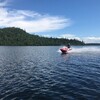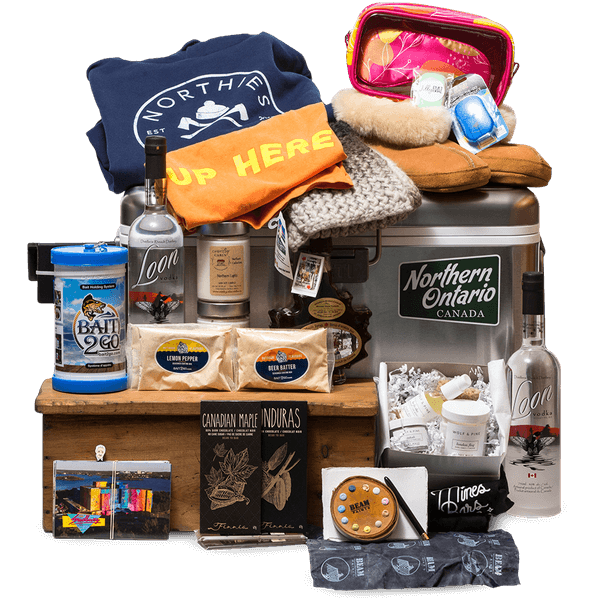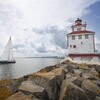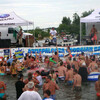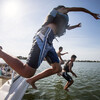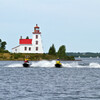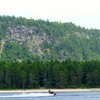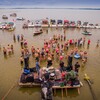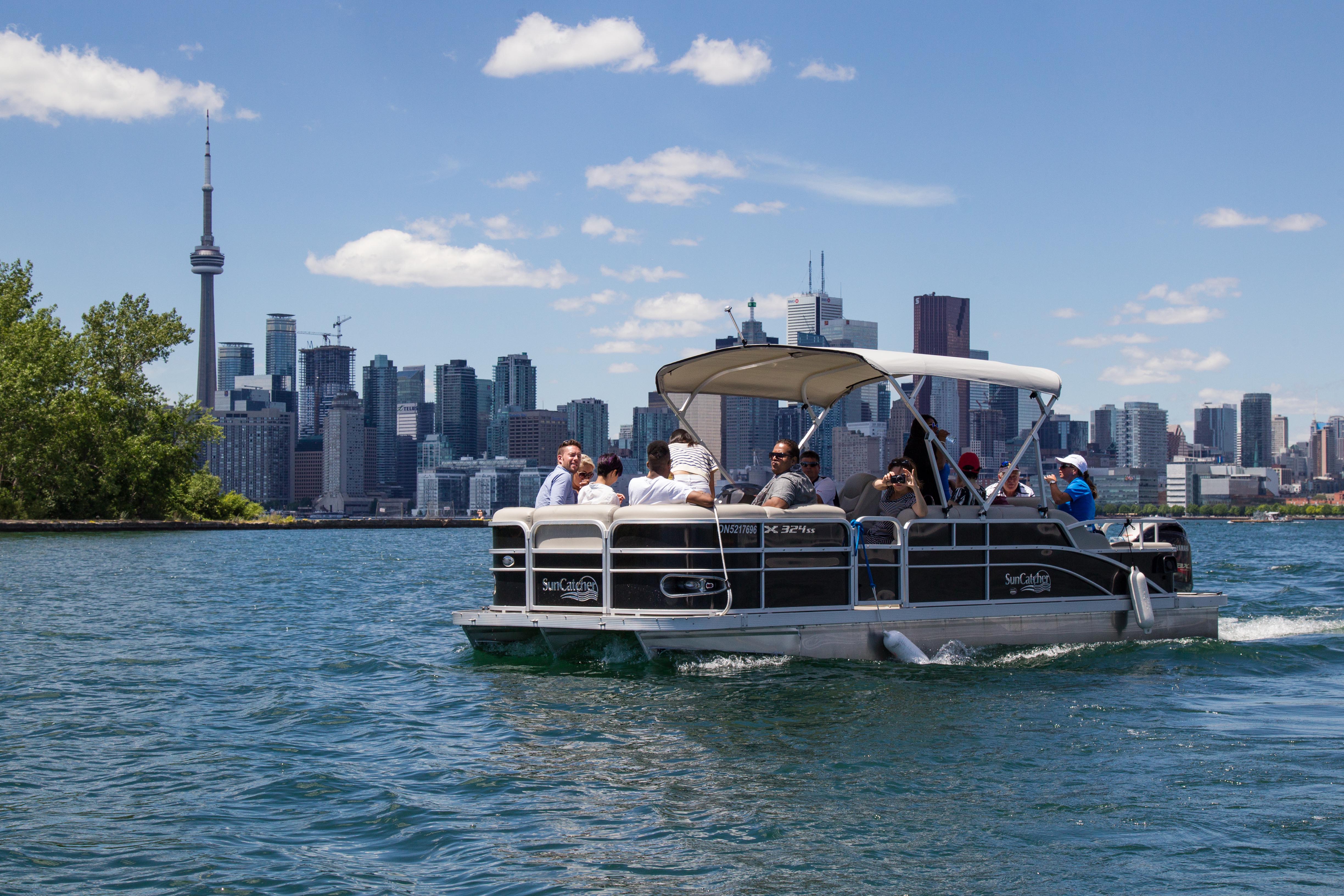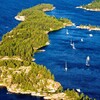
The tide is high
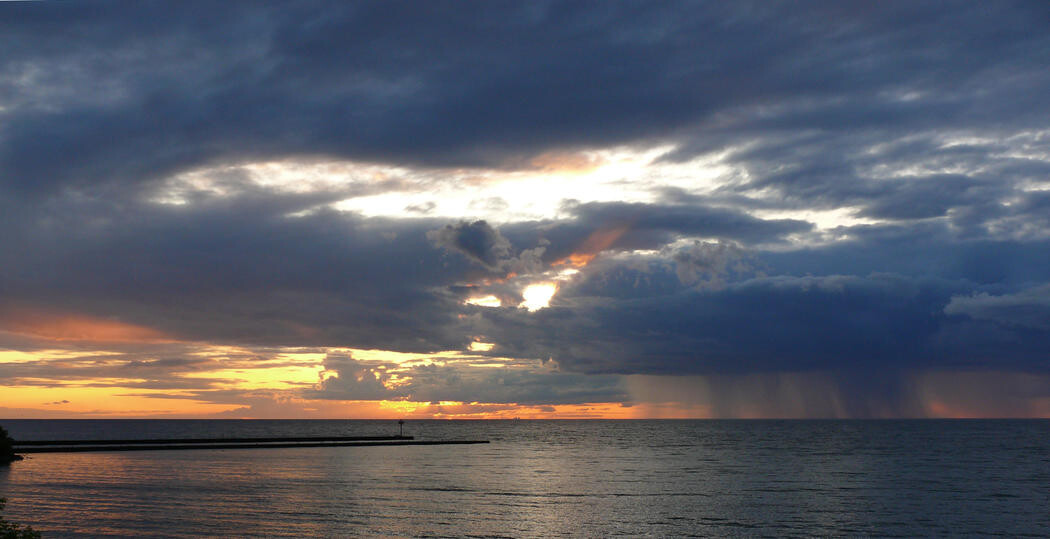
My cottage is a good six hours north of Toronto. We’re on a wide spot on a big river—wide enough that they call it a lake, and have a dam controlling the level. Before they put in the dam, the water level was 9 feet lower, but when they started to take lumber and silver out of the area, they needed higher water to access areas further up the river.
The lake remains at this higher level—and with snow melt, rain, and the vagaries of a controlled level lake, our old crib dock is often either a foot above the water or almost level with it. We’ve got a pontoon boat so that the older members of our family have an easy time getting in and out of the boat, but with these water level changes, it can become a challenge.
And then there’s the issue of underwater shoals, rocks, deadheads, and all the things boaters work so hard to avoid. With water levels around the province (and around the world) fluctuating wildly, there’s good reason to pay close attention to the effects of these changing levels.
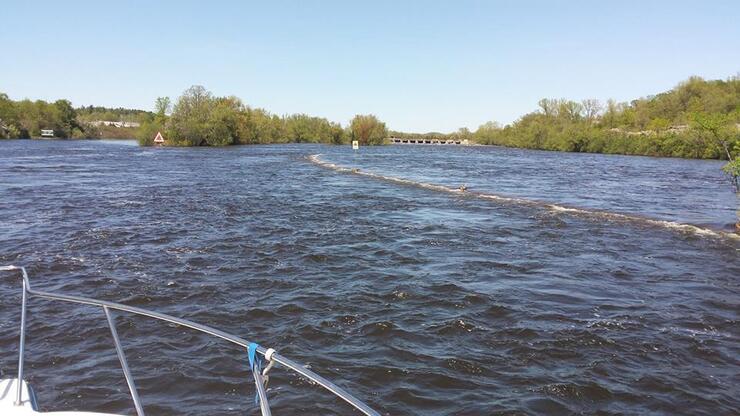
Here are our top suggestions for dealing with unpredictable water levels.
1. Buy up-to-date electronic maps
It’s easy to get comfortable with your old paper map, or common knowledge of your body of water. But as the levels change, it’s worth updating to the most current electronic maps, and have the paper maps as a backup.
2. Avoid shallow areas
“Changing water levels” doesn’t always mean that the water is going up—sometimes it’s headed down, due to dozens of competing factors. So knowing where the shallowest areas are on a given lake, and avoiding them, can mean the difference between a great day out and a painful ordeal. While your boat may be able to traverse areas that are even more shallow than normal, these are also areas where debris gets trapped during the spring thaw—so there are more deadheads, flotsam and jetsam blocking these areas, sometimes in places you can’t see.
3. Talk to locals when visiting new areas
We all know that when it comes to boating, we know our local lake best. We love to trade stories about what’s changed and what stays the same. But if you’re going to a new lake, you’re at Mother Nature’s mercy. Maps will help, but boaters who have been there and seen that, and live on the lake, are more likely to know the nuances of boating in the area. And boaters love to talk!
4. Bring a small step to help people get in and out of boats
Because water levels can fluctuate up or down, you’ll find that your deck level also fluctuates in relation to many of the docks in Northern Ontario. As a result, some people have a much harder time getting in and out of boats. A small footstool or step can help alleviate any of the discomfort or difficulty getting in or out.
5. Add a second, smaller outboard to your kit
With the ferocity of some of the early spring flooding in Ontario, a lot of debris tends to get stirred up, which can mean trouble for propellers when cruising early in the season. The easiest way to ensure you can get home safely is a kicker—a second smaller motor mounted on the transom that will help you (slowly) get home in the event of an issue.
6. Ask ahead
Before you head out to a new destination, it’s worth checking in with the local marinas, tourism offices, or experts on the region you’re travelling to. Online forums are a great place to start, but phone calls are likely to yield the most pertinent information related to your plans.
7. Be prepared for storms and higher heat
Along with the climate that is changing these lake levels, there’s more moisture in the air as well as the water—as a result, the weather changes more often, and in more extreme ways. The benefit for most modern boaters is that we have easy access to a wealth of technology that will keep us aware of what weather patterns are coming in. But you have to use them.
In addition to the changing weather, it’s a lot hotter out than it has been in previous decades. A swimming ladder, lots of drinking water on board, and plenty of sunscreen should keep you safe, but be aware of sunstroke. It can affect your decision making skills and make you a less competent boater in dangerous conditions. If your boat doesn’t have a top, perhaps this is the year to invest in one.
Those are our seven tips for boating in the new normal. If there’s something we missed, don’t hesitate to let us know through our Facebook page!
Recommended Articles

The Jewel of Ontario
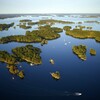
Boating the 1000 Islands
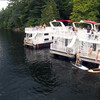
Cruise the Trent Severn Waterway in Style
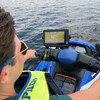
Find Your Way: Using a chartplotter on your PWC
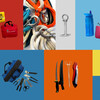
A Packing Guide for your PWC
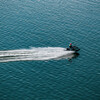
A Day On Cassels and Rabbit Lakes
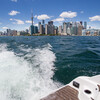
Discover Boating Ontario

Where to Rent Personal Watercraft in Ontario

You've bought a PWC. Now what?
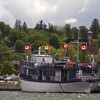
Boat Tours and Cruises in Ontario
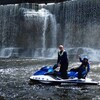
Waterways to Discover
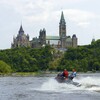
Montreal to Ottawa by PWC
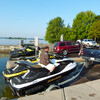
Best Boat Launches

Cruising Lake Ontario
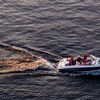
Where to Rent a Boat in Ontario
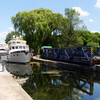
Free Passage on the Trent-Severn
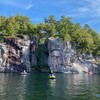
2 Amazing Lakes To Ride Your PWC
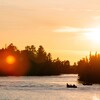
Tilley's Take
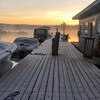
No Boat? No Problem!
